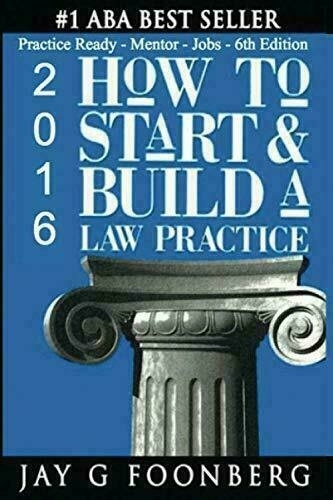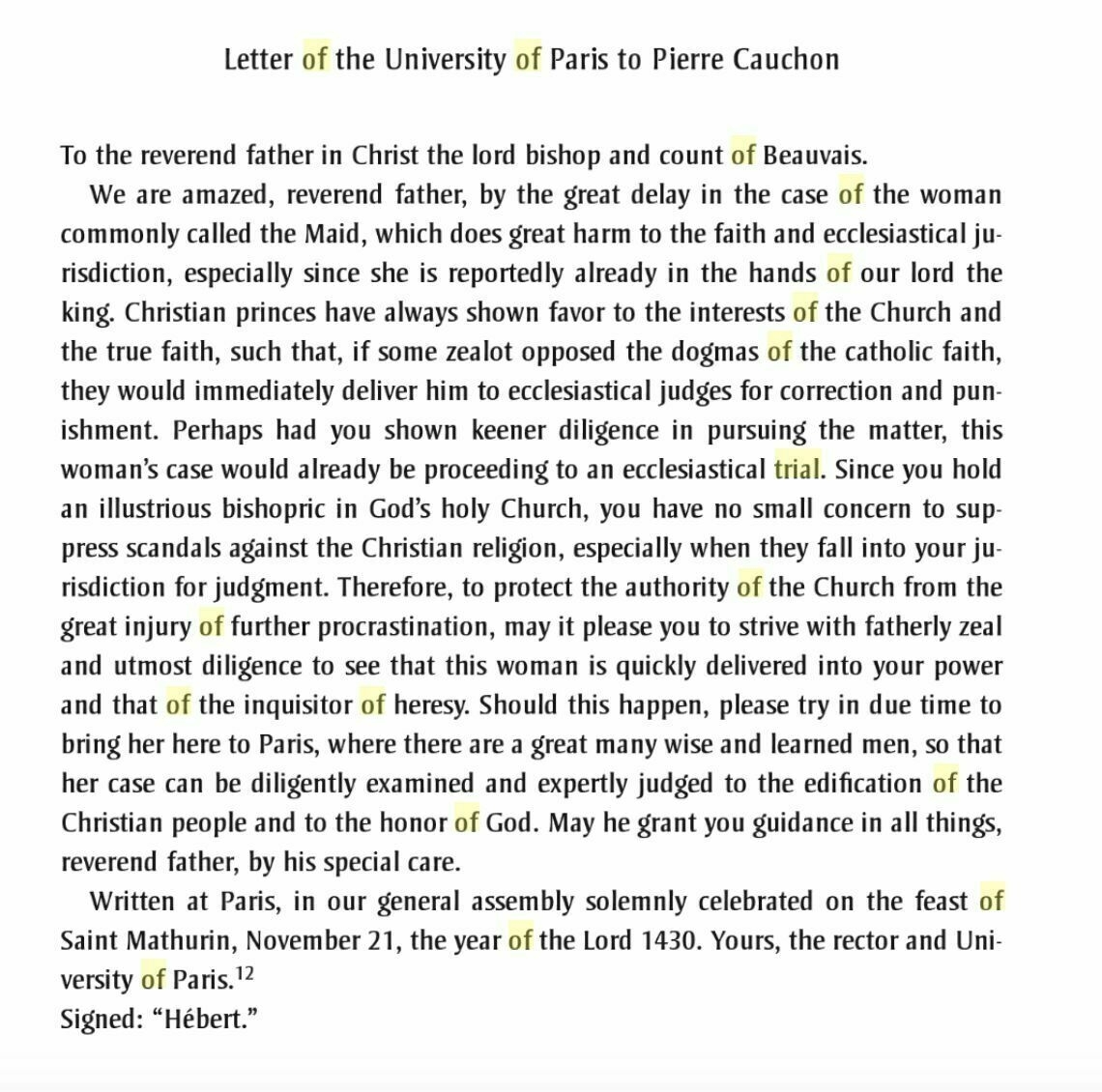
Law school will not teach you how to survive an assassination attempt. That is a skill you will have to learn on your own.

Law school will not teach you how to survive an assassination attempt. That is a skill you will have to learn on your own.

In travel news, Trump wants to send Abrego Garcia to Uganda and federal troops to Chicago. Anna Delvey (Inventing Anna) remains in the US because the Nine Sages of the Supreme Court haven’t dealt with the appeal of her criminal case. With so …

I spent the better part of the day trying to get access to a Windows 11 laptop. I hadn’t used the laptop for two months. There is a Windows setting that forces you to change your password periodically. I don’t know where this setting is found. I …

Gerry Spence, the famous trial lawyer, died yesterday. Here’s my Gerry Spence story.In 1990, I wanted to be among the top ten criminal defense lawyers in Miami. That was my goal. Not the best–there were already some very good lawyers …
George Santos “embellished” his resumé, not worrying about the fact that identity politics trumps even outright lies. Santos claimed to be Jewish, biracial, and finding one box unchecked, gay. He is Latino enough …

The Hotel Arbez was selected as a debriefing site. The border between France and Switzerland cuts through the dining room and a staircase. During WWII the Germans respected Swiss neutrality and respected the border. It is said that even the SS did …

My first exposure to the shadow puppets was their display in the film The Year of Living Dangerously, starring transgender Linda Hunt, except that she wasn’t transgender, the term was not in use then, she merely played a man, a photographer. A …
On the day I was stopped by police for possible involvement in an attempt to assassinate Jacques Chirac, I went to a saloon in Paris and brought a puppet I had purchased as a gift for my son. At first the puppet stayed in its backpack, but then he …
A young mother with her malnourished two year old son has staked out a begging post at the entrance to the BTS Metro station at Ekkamai. She is unwashed, unshod; she looks about fourteen and her son, similarly covered with the dirt from the busy …

Relativity relies on the availability of poorly-paid new law graduates to analyze documents provided in discovery in civil cases. What will be the effect of AI on Relativity and the document review industry?
With respect to …
(Guest post by Dr. D. Ball)
There is an old saying: He who enters the conclave “papabile” comes out “cardinale.”
Predictions mean almost nothing. When Ratzinger was elected, it is rumored that the one he almost lost to was …
Copy machines were always busy at the law office. Whatever you wrote, you needed one copy for opposing counsel, one copy for chambers, and one—if you were feeling reckless—or two for your own files. If you ran out of plastic toner, you were lost. …

You can’t just start representing clients that fall into your lap without reading Jay Foonberg’s How to Start and Build a Law Practice. You really need to buy a copy. Do so ASAP. If you can’t afford to buy the book, read it at the library. It will …
Let’s say that ChatGPT isn’t very good when it comes to the law. Hallucinations are an expected hazard of its use. The lawyer knows the law, but that’s not enough. A lawyer has to know how to close a real estate transaction, zoning, …

Emails today are like automobiles from say, 1915 to 1920 or so. The design hearkened back to the shape of a carriage made to be pulled by horses.
Except for the subject line, an email is still shaped like a physical letter. If the …


Few companies—especially those surprised by litigation—have a litigation budget. They don’t realize how expensive the judicial system can be. Company execs believe that litigation is but an annoyance until their defender passes a proposed …

It is a lot easier to steal chicken if there’s no chicken to steal.

21 January 2025
Trump just issued an executive order stripping the security clearances of the 50 or so who signed the letter saying that the Hunter Biden laptop story was Russian disinformation. I assume that includes (text redacted).
I don’t …

Lawyers: today and every day, say the non-denominational lawyer’s prayer:
“Raise up dissension amongst thy people; let there be strife.”

I worked for the Panama Canal Commission from 1981 through 1985. The first two years constituted the “transition period,” during which the Canal Zone became a part of the Republic of Panama. For the first two years the Canal Zone …
Three-pronged British electric plugs are touted as safer than US flat plugs. Brit plugs contain a fuse that is supposed to protect the user. Tried to unplug one today. Somehow it was live. 220v shot up my arm.
I guess they’re not as safe as …
Red State or Blue State, if you need to contact Bank of America customer service by email, the sole monitored official channel is Twitter.
If Twitter is shut down, how will Bank of America provide customer service to its account holders?
You mean, …
Yesterday, I suggested a careful response to a Dutch blackmailer whose victim is a Saudi woman. Despite our efforts to help him upon his release from jail—he announced to all and sundry that he was in the haram areas of Mecca—isn’t all Mecca …